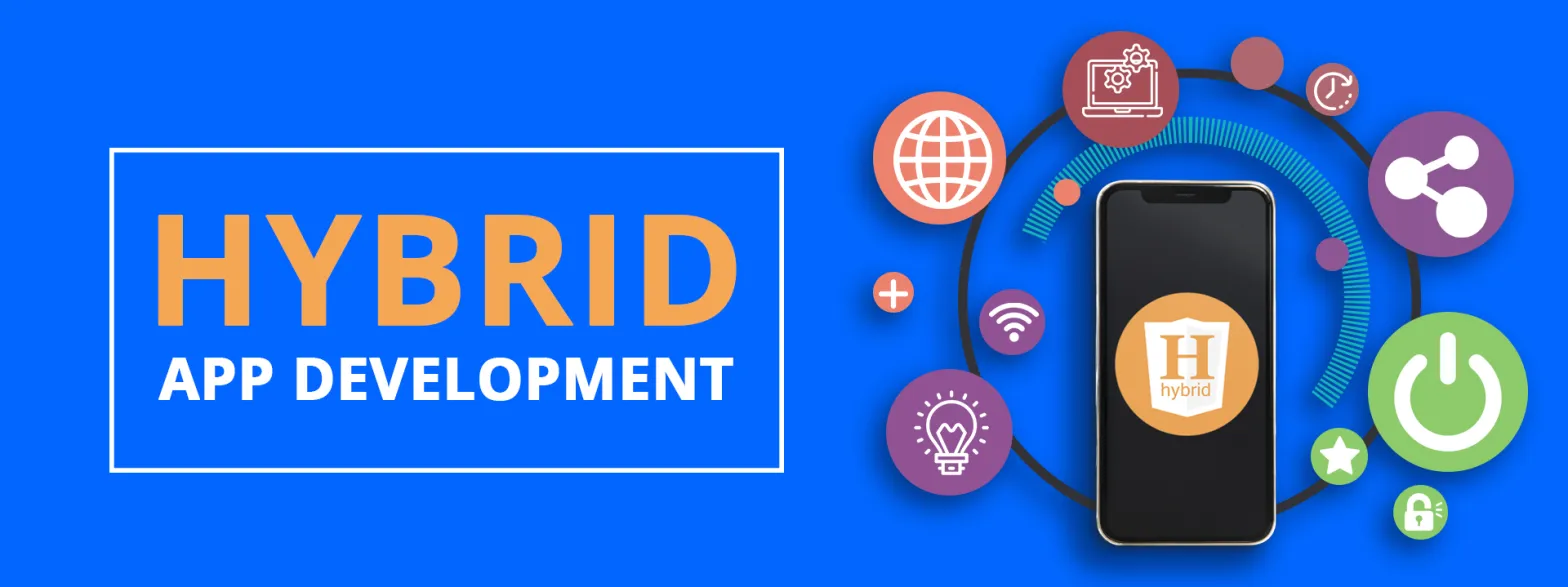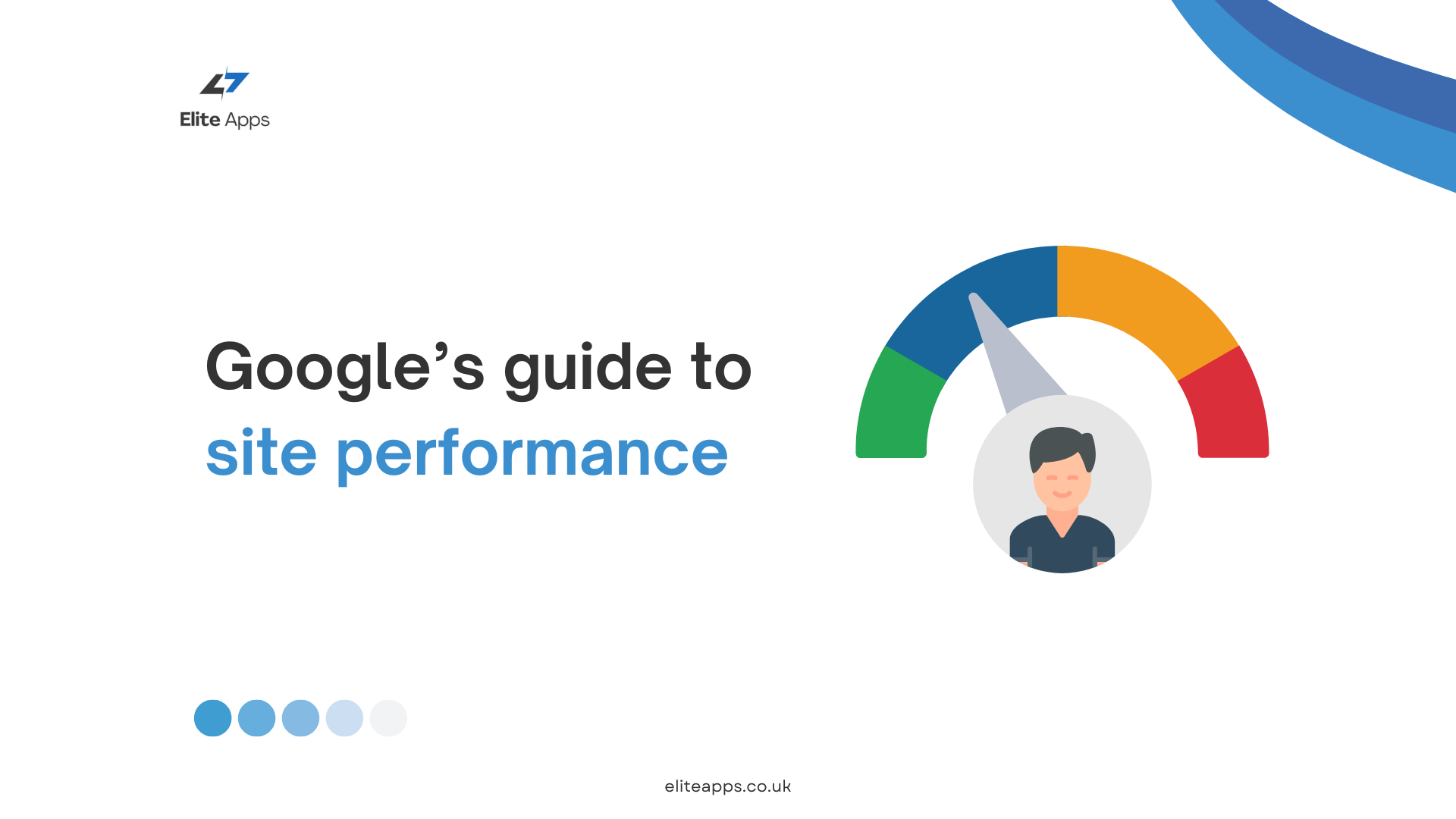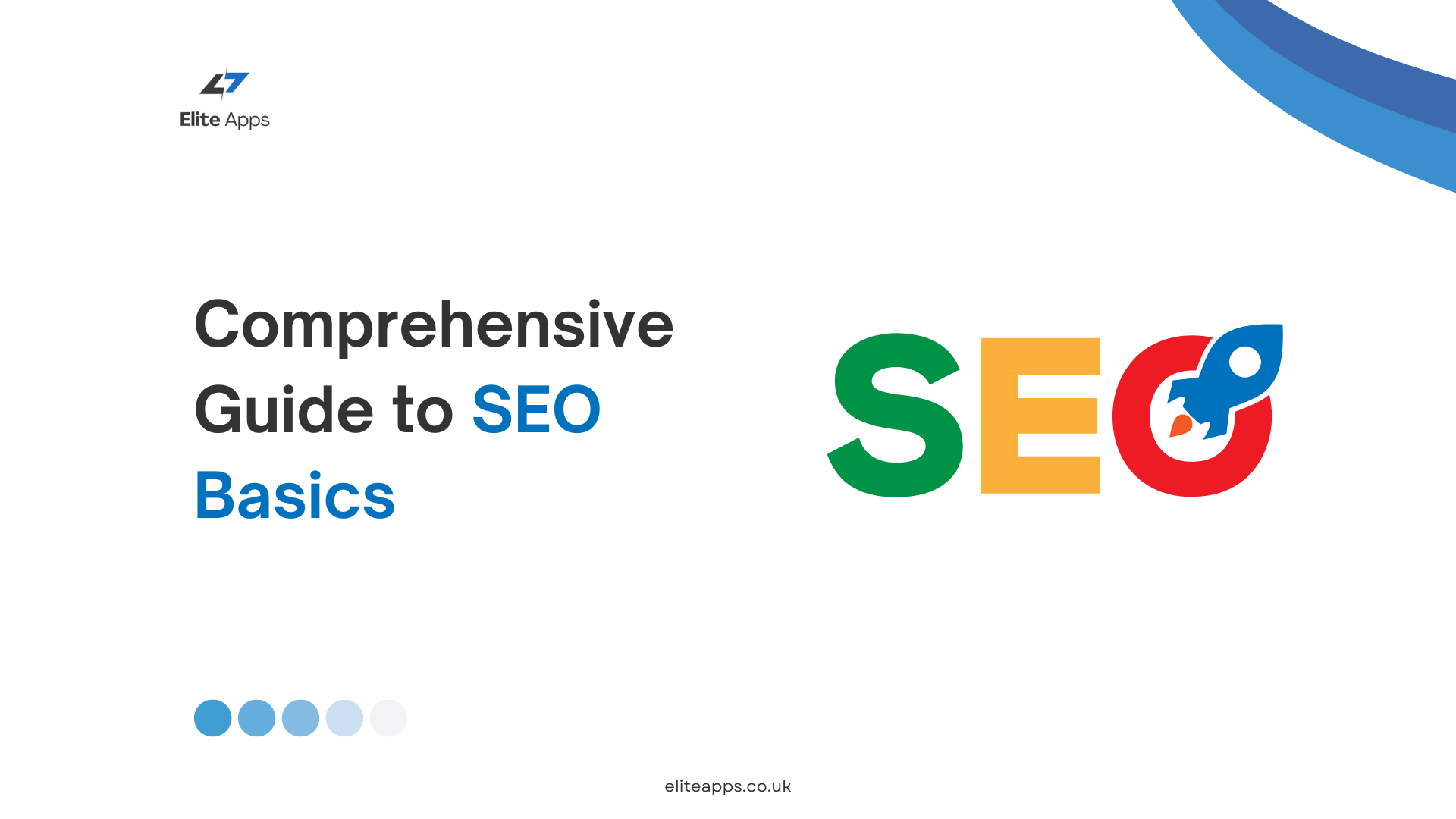In the rapidly evolving world of mobile application development, businesses are faced with a critical choice: to build apps using native or hybrid approaches. While native apps provide platform-specific, optimized experiences, hybrid app development has gained immense popularity due to its flexibility and cost-efficiency. But what exactly is hybrid app development, and how does it differ from other methods?
In this blog, we will explore the fundamentals of hybrid app development, its advantages, and the tools you can use to create hybrid apps.
What is Hybrid App Development?
Hybrid app development refers to the creation of mobile applications that are built using web technologies like HTML, CSS, and JavaScript. These apps are wrapped in a native container that allows them to run on multiple platforms, such as iOS and Android, with a single codebase. Essentially, a hybrid app behaves like a web app but is hosted inside a native app shell, which allows it to access device features like the camera, GPS, and push notifications.
This approach combines elements of both native and web applications, offering a middle ground that delivers the functionality of native apps with the flexibility and speed of web technologies.
How Does Hybrid App Development Work?
Hybrid apps are developed using standard web development languages and frameworks, but instead of being accessed via a browser, they are packaged within a native container. This is done through frameworks like Apache Cordova or Ionic, which bridge the gap between web code and native functionalities. These frameworks allow developers to write once and deploy the app across multiple platforms, reducing the time and resources needed for development.
Advantages of Hybrid App Development
- Cross-Platform Compatibility One of the biggest advantages of hybrid app development is that it allows the app to run on multiple platforms with a single codebase. This reduces the need to develop separate apps for iOS, Android, and other platforms, which can significantly cut down on development time and costs.
- Faster Development Cycle Since hybrid apps are built using web technologies and a unified codebase, the development process is much faster than building two separate native apps. This speed allows companies to launch their apps more quickly and respond to market changes faster.
- Cost-Effectiveness By leveraging a single codebase for multiple platforms, hybrid app development is often more cost-effective than building native apps. Development teams can reduce overhead by hiring fewer developers who are proficient in multiple platforms.
- Easier Maintenance Maintaining hybrid apps is simpler because developers only need to manage one codebase. Updates can be pushed across all platforms simultaneously, making it easier to roll out new features and bug fixes.
- Access to Native Features Even though hybrid apps are built using web technologies, frameworks like Cordova and Ionic allow these apps to access native device features, such as the camera, accelerometer, and notifications, giving users a similar experience to native apps.
Limitations of Hybrid App Development
While it offers numerous benefits, it does come with a few trade-offs:
- Performance: Hybrid apps may not perform as smoothly as native apps, especially for graphically intensive applications or apps that require high processing power.
- User Experience: The look and feel of hybrid apps might not be as polished or optimized for platform-specific user interface (UI) standards compared to native apps.
For apps that require high performance and complex animations, a fully native approach might still be the best option.
Popular Frameworks for Hybrid App Development
Several powerful frameworks can be used to develop hybrid mobile applications. Some of the most popular ones include:
- Apache Cordova: One of the original frameworks for hybrid app development, Cordova provides a simple way to package web applications into native apps. It allows developers to use standard web technologies and offers plugins to access native device features.
- Ionic: Built on top of Angular, Ionic is a powerful open-source platform that provides a library of pre-designed UI components. It’s popular for building visually appealing apps quickly.
- React Native: Although technically not purely hybrid, React Native allows you to use JavaScript to build mobile apps. It provides native UI components for a better user experience, making it a popular choice for hybrid-like app development.
- Flutter: Google’s Flutter is another popular framework used to create cross-platform apps. It uses Dart programming language and focuses on creating a highly native-like performance.
When Should You Choose Hybrid App Development?
This is an excellent choice for businesses that:
- Need to develop an app quickly and with a limited budget.
- Want to launch the app on multiple platforms simultaneously.
- Have a content-driven or less graphically intensive application.
- Require access to basic native features without needing complex native functionality.
However, if your app demands high-performance or platform-specific optimizations, a native app may be the better option.
Conclusion
Hybrid app development offers a flexible and cost-efficient way to create cross-platform mobile applications. It is ideal for businesses looking to launch apps quickly, reduce development costs, and still offer an engaging user experience. However, it is essential to weigh the benefits and limitations before deciding if it’s the right approach for your project.
By leveraging the right frameworks like Ionic, Cordova, or React Native, you can create hybrid apps that meet the needs of today’s diverse mobile market. Interested in learning more about app development strategies? Check out React Native’s official site or explore Ionic’s capabilities.








